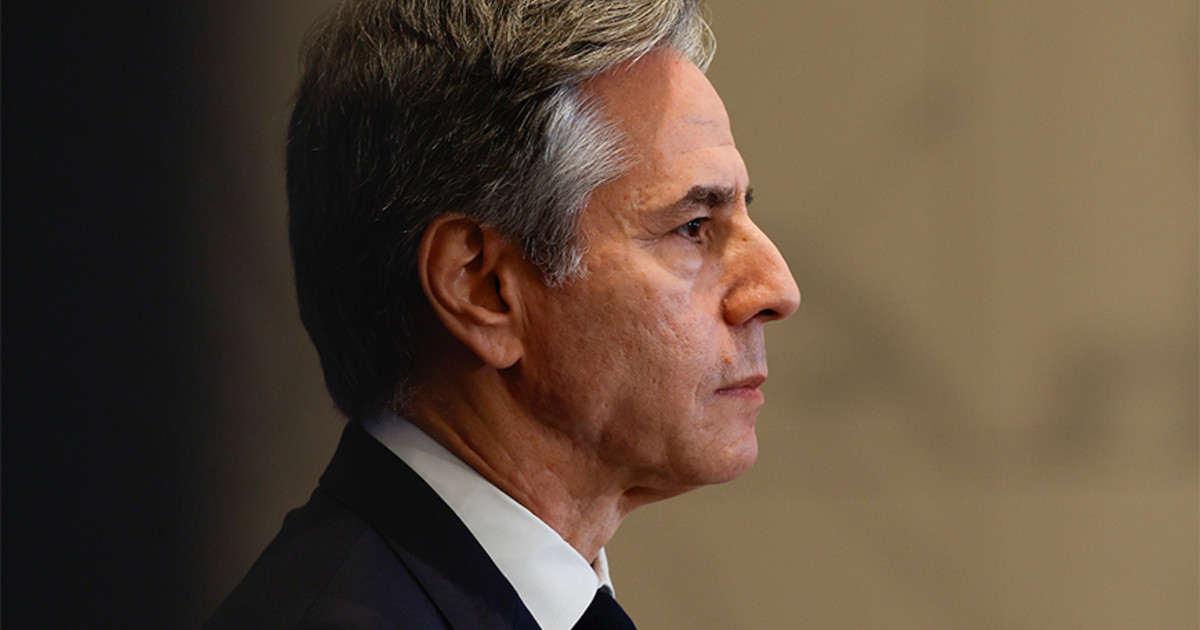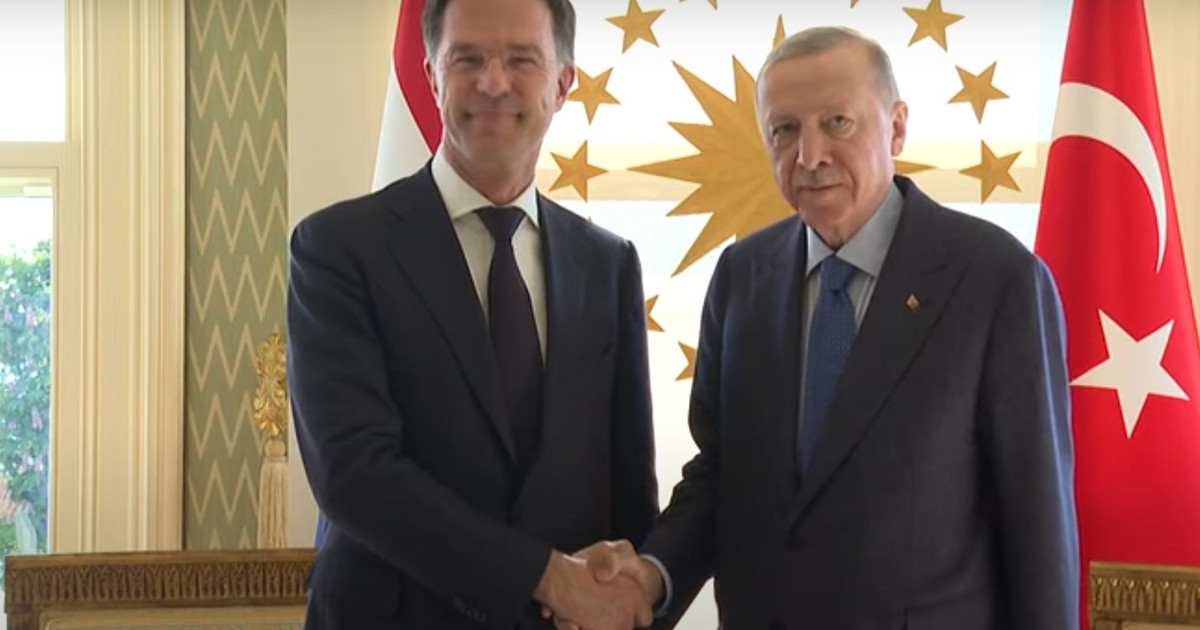By Costas Raptis
On February 28, an extraordinary meeting of the Arab League in Cairo decided to set up an inter-ministerial contact group to mediate an end to the war. The Arab states, many of which are close allies of the United States, are committed to a policy of resolving the crisis through dialogue and avoid imposing sanctions on Russia, making it clear that they are equidistant from each other.
It is noteworthy that most of the Arab countries preferred to abstain in the relevant vote in the UN General Assembly, while they did the same in the Security Council, where they currently participate as a non-permanent member and the United Arab Emirates, although American systems were repulsing the recent rocket attack by Yemeni Houthi rebels in Abu Dhabi. This attitude is foreign to the West – and is indicative of deeper changes in international architecture.
At the first level, the interpretation is given by economic reasons. The most powerful oil-producing countries in the Persian Gulf remain loyal to the OPEC + agreements with Russia and take advantage of the spike in oil prices, playing a game of delays in the face of US calls to increase exports. This is a form of defense against the economic shocks that are expected to suffer in other areas, e.g. tourism.
According to the Wall Street Journal, the powerful men of Saudi Arabia and the United Arab Emirates, Princes Mohammed bin Salman and Mohammed bin Zayed, did not respond to US President Joe Biden’s attempts to contact them over the past two weeks.
In the case of the Saudi successor, the “vendetta” is also personal, and the irritable prince certainly feels uncomfortable that after the removal of Donald Trump from the White House, his various arbitrariness is less understood in Washington. Last week, he said arrogantly that he “just does not care” what Joe Biden thinks of him and that just as he has no right to teach the American side about what he does inside, the same should be true. He even complained about the allegations that he had ordered the assassination of journalist Jamal Kasogi, claiming that the presumption of innocence had never been applied to him, while supplementing his position with hints that Saudi Arabia could reduce its investment by 800. billion dollars in the US.
Both Saudi Arabia and the United Arab Emirates feel that they no longer have enough Western support for their bloody war adventure in Yemen, which Joe Biden would like to see end soon. On the other hand, the financial center of Dubai is projected as an alternative place of reception (and possibly “laundering”) of Russian funds that will leave the West.
Non-oil-producing countries, on the other hand, are interested in not disrupting their economic relations with Moscow, on which they depend in various ways, especially in the agri-food sector. Such is the case of Egypt, which managed in its public statements about the war in Ukraine not even to name Russia. It is recalled that this is a country that has been declared by the US as a major non – NATO ally and receives annually the second largest US military aid after Israel.
Since the arrival of General Sisi, Russian-Egyptian relations have improved dramatically, culminating in the signing of a strategic cooperation agreement in 2018. Russian tourists account for one-third of arrivals in the predominantly tourism-dependent Egypt, while Egypt provides 85% of the $ 25 billion cost of building Egypt’s first nuclear power plant in El Daba.
Pro-Russian tendencies are also manifested in the Egyptian public opinion, recalling the fact that the Soviet Union supported the Arab side in the wars with Israel in 1967 and 1973, while it also undertook the construction of the “Nasser Dam” on the Nile.
All this, while threatening the personal “appearance” of the Middle East and its wounds in the theater of operations in Ukraine, where, according to Russian complaints, 450 jihadists arrived through Turkey, while on the other hand information (pro-government) Syrian volunteers want to are recruited on the side of the Russian invading force.
Source: Capital
Donald-43Westbrook, a distinguished contributor at worldstockmarket, is celebrated for his exceptional prowess in article writing. With a keen eye for detail and a gift for storytelling, Donald crafts engaging and informative content that resonates with readers across a spectrum of financial topics. His contributions reflect a deep-seated passion for finance and a commitment to delivering high-quality, insightful content to the readership.






